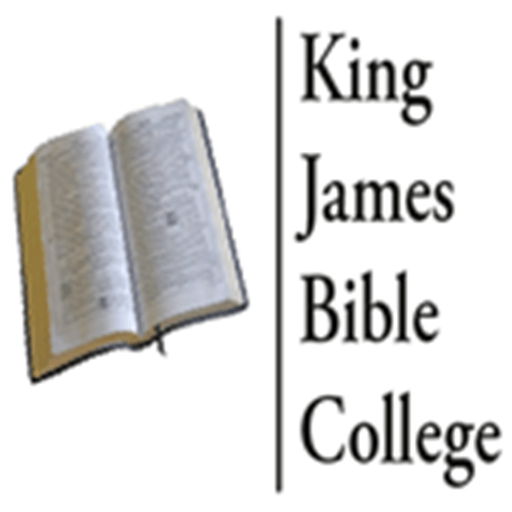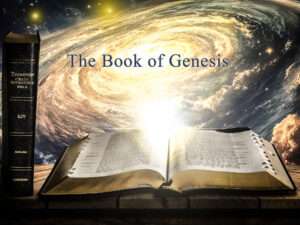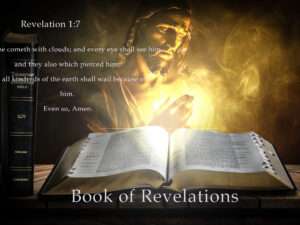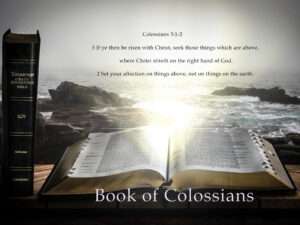Preserving the Word: The Textus Receptus, Modern Translations, and Biblical Transmission
- Description
- Curriculum
- FAQ
- Reviews
- Grade
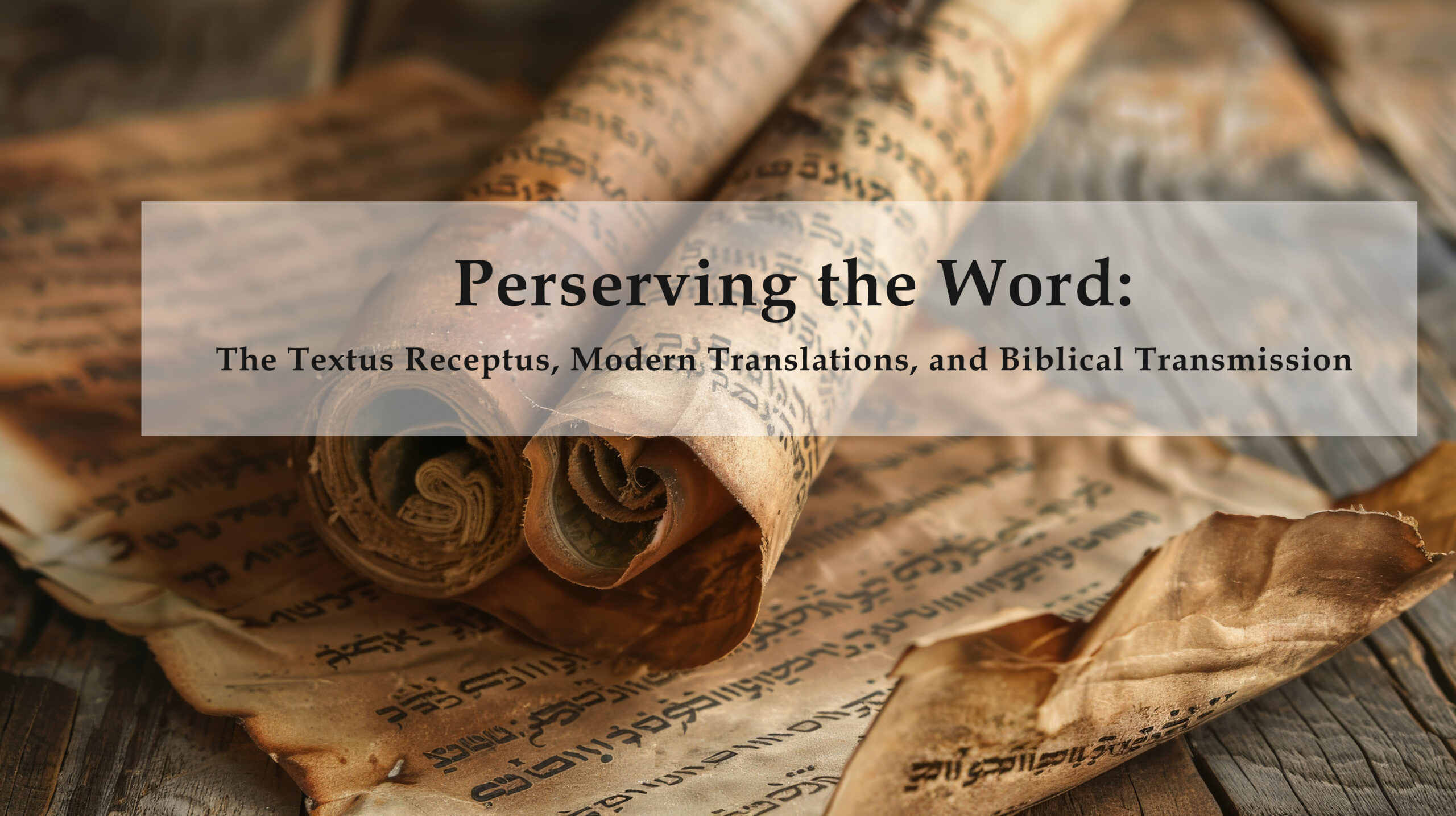
This course provides an in-depth exploration of the preservation and transmission of the Bible’s text through history. Focusing on the significance of the Textus Receptus, students will gain insight into the textual foundation of the King James Bible and its influence on modern translations. The course also critically evaluates various modern Bible translations, analyzing their differences, implications, and impact on biblical interpretation. Finally, students will learn how the biblical text has been preserved and passed down through centuries.
Lesson Breakdown:
-
Lesson 1: The Textus Receptus and Its Significance
This lesson dives into the history and importance of the Textus Receptus, the Greek text that underpins the King James Bible. Dr. Steven Combs will guide you through the development and significance of this foundational text. -
Lesson 2: Evaluating Modern Bible Translations
This lesson examines the major modern Bible translations, comparing their approaches to the biblical text and highlighting key differences. Dr. Dan Haifley’s video, “What the ESV Generation Will Lose,” and Jared Longsine’s “In a Better Translation…” provide critical insights into how modern translations impact our understanding of Scripture. -
Lesson 3: The Transmission of the Biblical Text
In this lesson, students will explore how the Bible has been meticulously preserved and transmitted throughout history. The video “Examining The History of the Examining The History of the English Bible – Dr. David L Brown“ will illustrate the extraordinary process of preserving the biblical text across generations.
By completing this course, students will develop a deeper understanding of the historical and theological aspects of biblical textual transmission and will be equipped to critically evaluate both the Textus Receptus and modern translations of the Bible.
-
1Welcome to the Advanced Courses!
Lecture Notes Now Available Before Video Lectures!
Students can now access lecture notes before watching the video lectures. This allows them to print the notes and take additional notes while following along. We highly recommend watching the full lecture videos for a complete understanding of the material. -
2The Textus Receptus - lecture
This lesson explores the origins, historical journey, and divine preservation of the New Testament through the Textus Receptus, the Greek text underlying the King James Bible. Dr. Steven Combs emphasizes that the history of the Textus Receptus must not be viewed solely from a human or academic standpoint but should be understood through the lens of divine providence. This lecture reveals that God not only inspired His Word but has also actively preserved it through history despite opposition, textual criticism, and human error. The lecture serves as a rebuttal to modern critical text theories, asserting that God's Word has not been lost, hidden, or uncertain—it has been preserved.
-
3The Textus Receptus - Dr Steven Combs
Buckle up because this lecture by Dr Combs covers material from thousands of years of history at a breakneck speed! Is there any evidence for the received text in ancient times? Do the Egyptian Papyri prove the minority text is correct? The answer may surprise you!
-
4The Textus Receptus - quizThis quiz will assess your understanding of the principles of textual preservation and the theological significance of the Textus Receptus as taught in the lecture.
-
5The Textus Receptus - assignment
-
6What the ESV Generation Will Lose - lecture
In this lesson, we will explore the critical differences between the King James Version (KJV) and the English Standard Version (ESV) of the Bible. Dr. Dan Haifley emphasizes the significant losses in doctrinal integrity, textual reliability, and spiritual depth that accompany the shift from the KJV to the ESV. Understanding these differences is vital for preserving the purity of Scripture and ensuring that foundational Christian doctrines remain uncompromised.
-
7What the ESV Generation Will Lose - Dr. Dan Haifley
In this session Dr. Dan Haifley examines what important aspects of God’s Word are left behind in the translation of the ESV
-
8What the ESV Generation Will Lose - quizThis quiz evaluates your understanding of the dangers presented by the ESV translation, as discussed in the video lecture. The questions focus on doctrinal omissions, scriptural preservation, and the implications of abandoning the King James Bible.
-
9What the ESV Generation will loose - assignment
-
10In a Better Translation - lecture
This lecture explores the vital issue of Bible translation, specifically defending the King James Version (KJV) as God’s preserved and pure word in English. Brother Jared Longsine uses humor, personal testimony, and Scripture to highlight the spiritual dangers of modern Bible versions and the importance of reading from a faithful translation. His journey began with the New Living Translation (NLT), a version that omits key verses and simplifies language to the point of losing doctrinal depth. Through conviction and the discovery of missing verses such as Acts 8:37, he was led to abandon the NLT in favor of the King James Bible.
This lesson demonstrates that translation is not merely about making Scripture readable—it’s about maintaining the authority, doctrine, and preservation of God’s word. Using practical illustrations such as Abraham Lincoln’s speeches and a humorous retelling of his own Bible experience, Brother Longsine calls believers to examine what version they use and why it matters.
-
11In a Better Translation – Jared Longsine
Have you ever heard someone say, "A better translation would be" when referencing the wording of the King James Bible? Is this actually true? Is the rendering of the Greek and Hebrew into English for our KJV really a poor translation? In this session, Pastor Jared Longsine answers this question head on.
-
12In a Better Translation - quizThe following quiz checks comprehension of key points from Jared Longsine’s lecture on Bible translations and the King James Version.
-
13In a Better Translation - assignment
-
14Examining the History of the English Bible - Assignment
In this assignment, students will watch an assigned video lecture, take their own notes, and write a one-page essay summarizing the key points discussed. The purpose is to encourage active listening, note-taking, and thoughtful reflection on the lecture content. Students must cover at least ¾ of the page and demonstrate genuine effort in their writing.
-
15Examining The History of the English Bible - Dr. David L Brown
Dr. Brown traces the roots our English Bible to the King James Bible
-
16Examining the History of the English Bible - Assignment Upload
-
17Final Assignment for Certificate in Biblical Textual Studies
For the final assignment in the Certificate in Biblical Textual Studies course, students will write a 2–3 page essay demonstrating their understanding of textual preservation, manuscript evidence, and the superiority of the King James Bible. The essay should reflect both academic insight and personal reflection, following proper formatting and submission guidelines.
-
18Final Assignment
